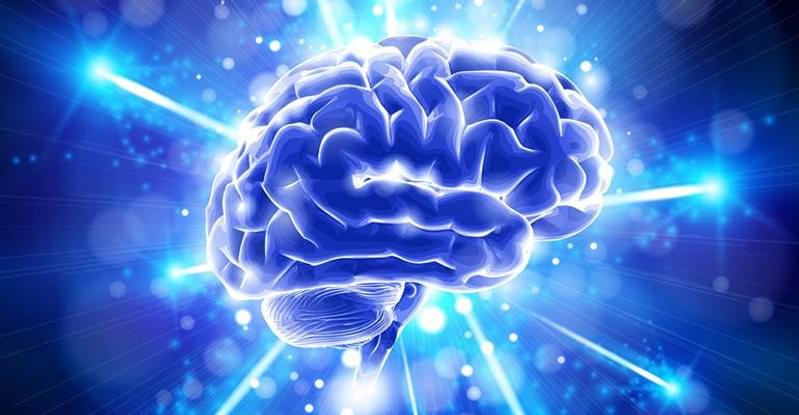Portland Therapy Blog
Local experts share the latest information and resources on all things mental health.
Your Brain
Posted: April 20, 2015 by Amanda Feaver, MA, LPC

If you're interested in your brain and you haven't read Mindsight by Dr. Daniel Siegel, you should. (Siegel is a clinical professor of psychiatry at the UCLA School of Medicine and Executive Director of the Mindsight Institute.) Since our brain drives us, it’s important to understand it. Let's start off with some brain basics taken from Siegel. Hold up your hand, you're going to make a simple model of your brain from it. Hand all the way open, your wrist represents your spinal cord, it's attached to your palm which represents your brainstem. Now, fold your thumb across your palm, this is your limbic area. Finally, fold your fingers down over your thumb, this is your cortex. Open up your fingers again so your palm (brainstem) is visible.
Here's some of what we know about the brainstem: it receives information sent up from your body and sends back information to your body to regulate necessary functions, think respiration and heart rate. Your brainstem also informs your limbic area and cortical region: thirst, hunger, sexual desire, satiation, etc. Additionally, your brainstem helps you survive danger, it is responsible for your fight-flight-freeze responses when you are threatened. In short, your brainstem is part of a motivational system that influences your basic life functions, keeps you alive, tells you when to stay or run away. Feeling compelled toward certain behaviors? You may have your brainstem to thank.
Next, your limbic area. Your limbic area works alongside your brainstem and the rest of your body to facilitate basic human drives and create your emotional states. It's not just your brain creating and feeling emotions, your body is sending information to your limbic area and brainstem and is also receiving information back from them. Your limbic area informs you when something or someone is safe to get close to. Your limbic area allows you to attach and it is highly involved in your relationships. Stress and trauma influence your limbic area and sometimes create a state of permanent overdrive with stress hormones like cortisol. Your amygdala and hippocampus (still in your limbic area) are associated with your fear response and with synthesizing a multitude of information from your experience to assimilate memory, respectively. Did you know that your amygdala scans your environment for danger every quarter of a second?
Now, onto the cortex. The cortex is your thinking brain, and also the part of your brain that lets you think about your thinking. The most developed part, your prefrontal cortex, allows you to pause and think before you act. Cortex upside: imagination and the creation of new experiences, downside: sometimes we think about thinking about thinking too much; it's a special kind of obsession. You can thank your prefrontal region for calming down your limbic area and brainstem, a necessary process if you want to thrive in life.
And here's my plug for mindfulness: if you practice engaging your prefrontal cortex in mindful awareness you can develop the skill of calming your brain and body down, you can learn to decipher real threat from perceived threat, and you can turn that calm-controlled emotional state into a trait. I don't know about you, but more calm and more awareness and more choice about my behavior sounds good to me. There is so much more going on in your brain than I’ve covered here, and you should consider learning about it. Because knowledge will help you navigate your life and relationships. So get yourself to the library or make an appointment with a mindfulness trained therapist. You can work to change your brain and build the life you want.
Tags: mood and feelings, relationship and family, anxiety, addiction and behavior
Featured Posts
Love Lessons: A Guide to Dating Someone Who is Codependent
Shame, Guilt, Humiliation, and Embarrassment
Why Do People Have Open Relationships?

